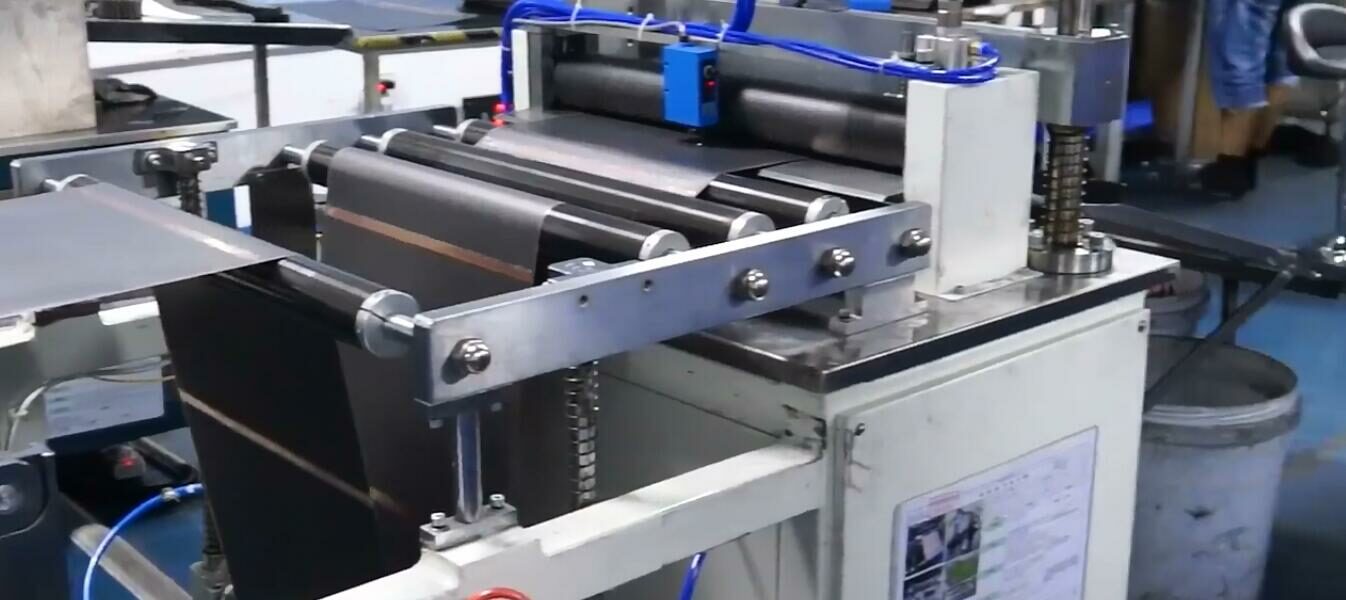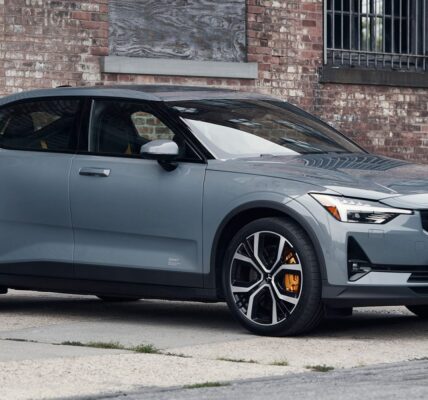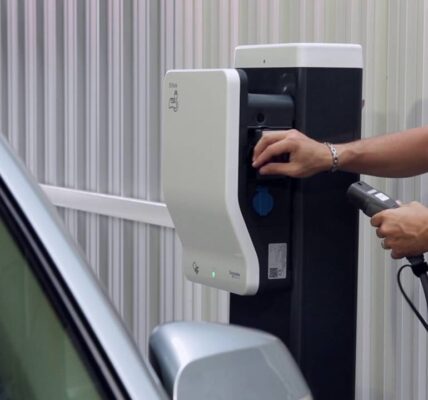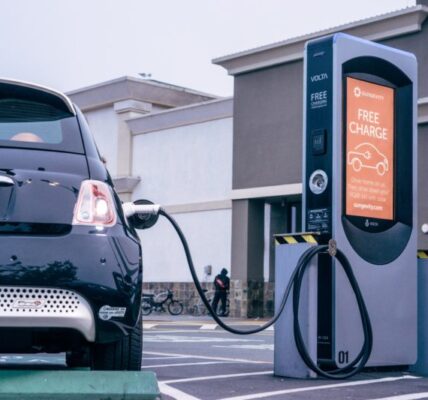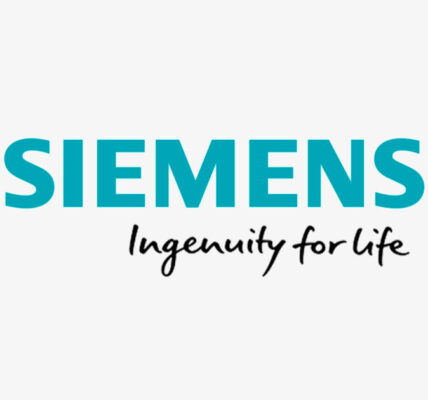Followed by France and Germany, Norway also started to invest into making its own electric vehicle batteries. This recent trend where many European countries started to become self-sufficient in batteries shows that they are looking not to lose the control of automotive markets in the future.
According to foreign press and South Korean industries, FREYR recently made an announcement that it would be pushing for a construction project of battery cell production facility worth $4.45 billion (5.4 trillion KRW).
It is looking to construct 32GWh battery cell production facility in Rana, Norway and is planning to start the production in 2023 at the earliest. It is currently attracting investments to raise funds for the construction of this facility.
Norway is the number one country in the world based on distribution rate of eco-friendly cars as one out of three cars that were sold in 2018 was an eco-friendly car and it is also seen as a ‘heaven for electric vehicles’ due to excellent policies and infrastructures. FREYR is looking into constructing four additional facilities in Norway alone. Its long-term plan is to construct ten battery cell production facilities in Europe and establish a ‘Northern Europe battery belt’.
France and Germany announced ‘Battery Airbus’ project that would require up to $6.67 billion (8.1 trillion KRW) to construct a battery production facility in France and Germany back in May. EBA (European Battery Alliance) was established in 2017 led by EU and European Investment Bank. Northvolt from Sweden is currently constructing Europe’s biggest battery cell production facility. Volkswagen announced that it would construct 12GWh battery cell production facility in Germany.
All of these investments are part of European counties’ strategies to reduce their dependence on South Korea, China, and Japan for battery that is an important part of an electric vehicle. It is estimated that there will be more than 300GWh electric vehicle batteries in demands from European countries until 2023. The Engineering Institute of Technology (EIT) is predicting that there needs to be 10 to 20 large-scale battery cell production facilities within EU to satisfy demands for electric vehicle batteries.
South Korea’s battery industry is concerned about this recent trend in Europe. Although it will not be easy for European companies to gain South Korean companies’ knowhow that has been accumulating for close to 30 years in a short period of time, the gap between them and South Korean companies may start to become narrow as years go by.
“Fact that France and Germany named their project ‘Battery Airbus’, which comes from an aerospace corporation called Airbus built by major European countries in order to stand up to Boeing, is full of suggestions.” said a representative for the industry. “If European countries that have world’s best manufacturing abilities, financial power, and leading automotive manufacturers join forces, it will be even quicker for them to catch up to our competitive edge.”
“Increased competition will be inevitable as our battery industry is also making aggressive investments in Europe.” said Team Leader Choi Kyung-yoon of Korea International Trade Association’s Brussels Center. “Because European countries need to enhance their network with their customers and secure battery suppliers through joint corporates with major automotive manufacturers before they start producing their own electric vehicle batteries, we need to also pay attention to supply and demand of raw materials, training of talented individuals, relevant regulations, and construction of infrastructures aside from manufacturing technology.”


